As a new or expectant parent, you may know that taking certain medications isn’t recommended during pregnancy.
But what about after your baby is born?
Can breastfeeding parents take Tylenol? What about blood pressure medication like Lisinopril? Or over-the-counter supplements marketed to boost milk production?
These questions can have different answers depending on many factors, but each has something in common—a history of controversy, uncertainty, and confusion.
In the past, medical professionals had to make educated guesses about medications for breastfeeding parents. Many chose to err on the side of caution and advised parents to stop breastfeeding altogether when long-term medication was necessary. Others disagreed with this approach.
Fortunately, new research has shed light on how individual medications do (and don’t) affect breastfeeding infants’ well-being and parents’ milk supplies. With this knowledge, doctors and lactation consultants can provide personalized, evidence-based medication guidance supporting the well-being of babies and breastfeeding parents.
Over-the-counter (OTC) medications are those you can purchase without a prescription. While many are considered safe and compatible with breastfeeding, some may have risks. Certain OTC medications can slow down milk production or pass through breast milk and affect babies. Many OTC medications still haven’t been sufficiently tested for medical providers to fully understand their impact on babies and breastfeeding parents.
For example, taking the recommended dosage of Ibuprofen is generally safe for breastfeeding parents (and their babies). By contrast, certain OTC cough and cold medications include ingredients that can affect your breast milk. Pseudoephedrine, for example, could decrease your milk supply.
Still, it’s often better to keep breastfeeding while taking medication or supplements than to avoid needed medical care. With proper guidance, breastfeeding parents can still seek relief and treatment for various conditions. The key is to seek trustworthy advice as to which medications are safe.
Digital resources like LactMed and e-lactancia are convenient for breastfeeding parents who want a quick overview of which OTC meds are acceptable and which aren’t. Some sites, like Mother to Baby and Infant Risk Center offer free advice over the phone. But remember that these resources aren’t exhaustive or intended to substitute for consulting a healthcare professional.
Whenever you feel uncertain, consult with a qualified medical professional. An IBCLC or physician can provide detailed guidance on selecting the right medication for your symptoms and the medication—and dosage—that poses the least risk to your baby.
Many pregnant and breastfeeding parents experience pre-existing chronic health conditions that can be managed with prescription medications. If you were diagnosed with thyroid disease, diabetes, arthritis, or another health condition before your pregnancy, it’s natural to feel concerned about how your medication may impact your breastfeeding journey.
Even if you have no preexisting health conditions, it can be helpful to understand how physicians determine when to prescribe medications to breastfeeding parents. After all, it’s not uncommon for breastfeeding parents to experience an ailment that requires antibiotics or other treatment.
When a prescription is needed, healthcare providers should select medications that are safe and have minimal impact on milk supply.
Factors that play a role include:
Not every medication is compatible with breastfeeding, but current guidelines encourage healthcare providers to carefully assess the risks and benefits for every individual patient before establishing a treatment plan. With careful consideration and close monitoring, parents are usually able to continue safely breastfeeding while managing health conditions effectively.
Remember that you are your baby’s strongest advocate. Wherever possible, healthcare providers should make it a priority to support you in making informed decisions for yourself and your child by proactively explaining the potential effects of medications, as well as any alternative treatment options that may be available to you.
In the past, parents were discouraged from breastfeeding while taking any medications at all. This had a damaging effect on breastfeeding rates and breastfeeding parents’ milk supplies. Current research and guidelines highlight the importance of evaluating each situation thoroughly to weigh the risks and benefits individually. The best course of action for one family may not be the best course of action for another.
Thanks to breastfeeding research and advocacy, healthcare providers are aware of the many benefits breastfeeding has to offer. They tend to dedicate more time and energy to determining breastfeeding-friendly treatment plans than before. They’re also more cognizant of the risks of abruptly stopping breastfeeding to take medication—including the potential of disrupting the bond that breastfeeding creates between parent and baby.
By considering your specific circumstances, including the condition being treated, the potential risks and benefits of the medication, and your baby’s age and health, your healthcare provider can provide personalized recommendations that maximize your family’s well-being.
While you may not have uttered the word “galactagogue” before, you’ve probably seen parents recommending them online. Galactagogues are substances that promote milk supply. Often, they are made from herbs.
Many breastfeeding parents turn to galactagogues to address low milk supply. However, these substances aren’t regulated by the Food and Drug Administration (FDA). What little research exists on their efficacy and safety is inconclusive, and they could cause adverse effects or interact with other herbs, supplements, or medications.
If you’re concerned about your milk supply, Nest Collaborative is here to help. Our IBCLCs are trained to assess your baby’s feeding patterns, latch, and positioning to provide evidence-based recommendations on issues like milk supply and make individualized, non-pharmacological recommendations if necessary.
Healthcare providers are more educated on breastfeeding than ever before, but there is still a lot of misinformation and bias out there.
That’s why seeking an international board certified lactation consultant (IBCLC) for evidence-based care is beneficial. IBCLCs can provide valuable support and advice for maintaining a healthy milk supply and breastfeeding safely when medications are needed. IBCLCs can also be a great source of evidence-based resources and guidance when you have concerns about a medicine your physician recommends.
At Nest Collaborative, we’re dedicated to finding solutions that meet the health needs of both you and your baby. We believe that breastfeeding doesn’t have to be a stressful experience. Reach out today for support and personalized advice—at an appointment time that suits your family’s routine.
Note: The Nest Collaborative blog is intended to be a convenient, reliable resource for breastfeeding parents. While we hope this article will serve you well as a broad explanation of breastfeeding on medication, every breastfeeding parent and baby is unique. However, it is not a replacement for a discussion with your doctor and/or international board certified lactation consultant (IBCLC).
